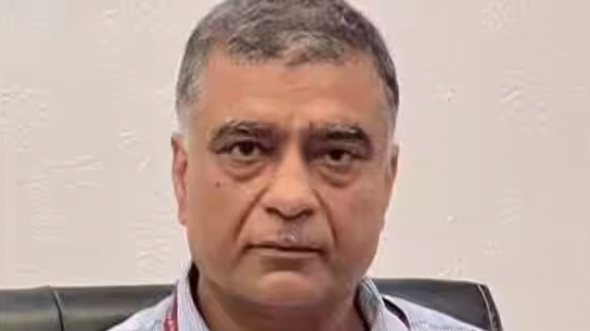Arun Kumar, head of the DGCA, believes there is room for improvement in aircraft investigation.

International Civil Aviation Organization (ICAO) safety rankings for India increased from 102 in 2018 to 48 in 2022. As he prepares to step down as director general of civil aviation (DGCA), Arun Kumar, the aviation ministry’s top bureaucrat, discusses the accomplishments and difficulties he encountered during his tenure, including the problem with Pratt & Whitney engines and the safety concerns surrounding the Boeing 737 MAX.
Extracted excerpts: India has surpassed the 50-mark in ICAO’s safety ranking for the first time; how solid is India’s aviation safety framework, and what obstacles does it face?
We are reasonably satisfied (the ranking). We have excelled in several areas, including aircraft operations, airworthiness, and even aerodrome. Aircraft investigation is one of the areas in which we are still deficient and where we have room for development. The availability of technical personnel is the one issue that everyone is concerned about. This is an area where there should not be a shortage of trained employees, but there is one due to our recruitment practises and budget constraints. All of this, however, can be enhanced; we should now aim for a score of 90% and enter the top 25 countries in the ICAO rankings. It will require several years to reach that level.
How was your term as director general, and what would you name as your greatest accomplishments?
Here, aviation has been relatively safe; we have not encountered many complications. Nevertheless, at the beginning of my time as DG, there was a very major problem with the Pratt & Whitney engines (PW). If you recall, two of our largest airlines with Pratt and Whitney engines were experiencing technical difficulties. We held numerous meetings with the engine manufacturer and aircraft manufacturer, resulting in the prompt replacement of all problematic engines. The same engines are currently performing well with no complaints. We had some concerns with one of the low-cost carriers, which had numerous maintenance problems, which we also resolved. Recently, there have been numerous incidents of disobedient travellers. We took severe action against them in order to restore order on both sides (passengers and airlines). Today, I am pleased to report that it has greatly improved. When I assumed my position as DG, there were no drug standards, no norms for transgender pilot applications, no guidelines for involuntary downgrading of seats, etc.
What was one of the most important choices you needed to make?
The Pratt & Whitney issue was really difficult, as engine failures occurred every other day, which was terrifying. The second decision was the restoration to operation of B737 MAX aircraft, as the prohibition was lifted by half the world. All of them were extremely difficult and essential choices that could have gone awry, but thankfully everything worked out. Later, after two to three months of aeroplane grounding due to Covid, all aircraft were suddenly expected to fly. Owing to the unexpected cessation of operations (under total lockdown), pilots, engineers, and air traffic controllers were rusty and required training.
Is there a measure you’ve implemented that you think unique?
eGCA (e-Government of Civil Aviation), which has completely changed the game. It is essentially an online platform via which we communicate with our stakeholders. I am delighted that things have settled down reasonably. Nonetheless, my final comment will be that the DGCA must be extremely professional and we must be cruel. Nobody is acceptable as a buddy.



